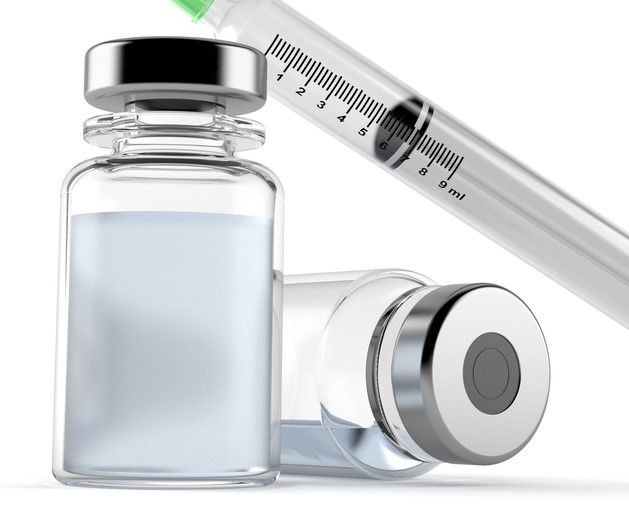- Bone Health
- Immunology
- Hematology
- Respiratory
- Dermatology
- Diabetes
- Gastroenterology
- Neurology
- Oncology
- Ophthalmology
- Rare Disease
- Rheumatology
Rezvoglar Broadens Insulin Glargine Biosimilar Options
With an FDA approval for a second insulin glargine biosimilar, the stage is set for stronger competition in 2022 with potential improved access and savings for patients.
The FDA has approved a second insulin glargine biosimilar, an Eli Lilly product called Rezvoglar, which references Lantus. Lilly said in a statement January 4, 2021, that a list price and launch date for this product have yet to be determined.
Rezvoglar is a long-acting insulin indicated for the improvement of glycemic control in adults and children with type 1 diabetes mellitus and adults with type 2 diabetes mellitus.
This marks the fourth biosimilar approval in 2021 and comes close on the heels of another December 2021 approval, for an adalimumab biosimilar (Yusimry) referencing Humira.
In July 2021, the FDA approved the first insulin glargine biosimilar (Semglee), although this had previously been on the market as a nonbiosimilar product. This also references Lantus.
Semglee was relaunched in November 2021 as a branded product and as an unbranded product, in vial and prefilled pen options. It was also designated as an interchangeable biosimilar, meaning pharmacists can dispense this in place of Lantus without first obtaining approval from the prescribing physician.
Pharmacy benefit managers immediately announced intentions to list Semglee on their preferred formularies and the arrival of Rezvoglar introduces more biosimilar competition for insulin glargine producers with the consequent potential for better patient access and lower prices.
Rezvoglar will be offered in 3 mL prefilled pens and is administered by injection once daily. Lilly originally filed a biologics license application for Rezvoglar in December 2020.
Earlier this month, Lannett announced the submission of an investigational new drug application with the FDA for a clinical trial of a biosimilar insulin glargine product the company is co-developing with the HEC Group.
Lannett said it anticipates filing a biologics license application for the insulin product in early 2023 and commencing marketing in early 2024.
Newsletter
Where clinical, regulatory, and economic perspectives converge—sign up for Center for Biosimilars® emails to get expert insights on emerging treatment paradigms, biosimilar policy, and real-world outcomes that shape patient care.

